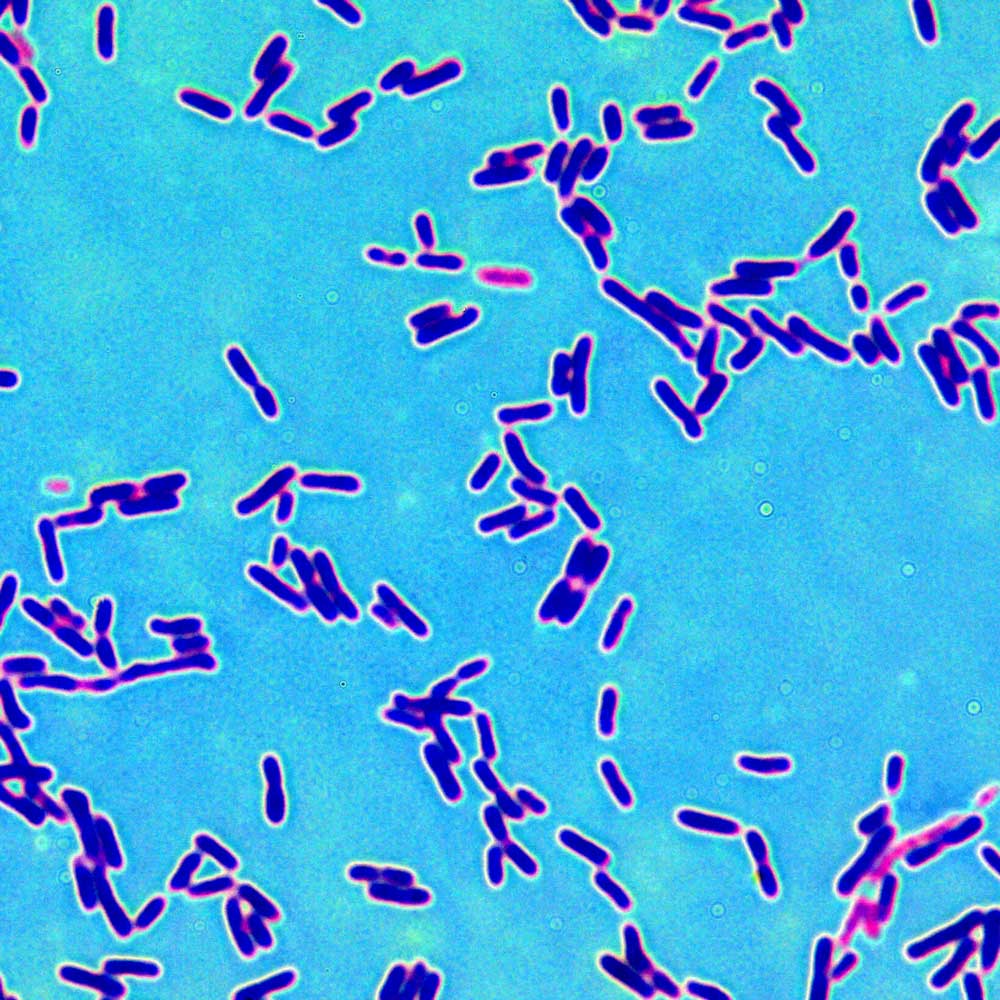The ketogenic diet or “keto diet”, known for its low-carbohydrate, high-fat composition, has gained considerable traction for weight loss and its ability to lower the risk of certain diseases. However, recent studies are shining a spotlight on a more complex relationship between the keto diet and cancer treatment.
There is evidence suggesting it can enhance cancer-fighting therapies like CAR T-cell treatments, however, there’s also surprising data indicating it may inadvertently promote cancer metastasis.
Related: Dealing With Polycystic Kidney Disease? Here’s How A Keto Diet Can Help You
How Does The Keto Diet Work?
The ketogenic diet involves drastically reducing carbohydrate intake and replacing it with fats, pushing the body into a metabolic state called ketosis. In ketosis, the body becomes highly efficient at burning fat for energy instead of glucose.
Additionally, fats are broken down into ketones, which provide energy for the brain. Initially developed as a treatment for epilepsy, this diet has shown promise in aiding weight loss, improving metabolic health, and enhancing cognitive function.
The Keto-Cancer Connection, A Double-Edged Sword?
Arecent study from thePerelman School of Medicine at the University of Pennsylvania found that a ketogenic diet could significantly enhance the effectiveness of CAR T-cell therapy, a groundbreaking cancer treatment that reprograms a patient’s immune cells to target and destroy cancer cells.
In this mouse-model study, mice fed a ketogenic diet demonstrated improved tumour control and survival rates compared to those on high-fibre, high-protein, or standard control diets.
The key to this improvement appears to be beta-hydroxybutyrate (BHB), a ketone produced in ketosis. BHB boosts CAR T-cell function, making these immune cells more effective at attacking cancer. This suggests a potentially cost-effective and accessible way to optimise CAR T-cell therapy for cancer patients.
The Shock of Increased Metastasis
On the other hand, research at Columbia University revealed a more troubling aspect of the ketogenic diet in the context of cancer metastasis. In a mouse model of breast cancer, mice on a ketogenic diet showed a reduction in primary tumour growth. However, they experienced a significant increase in lung metastases compared to those on a standard diet.
This unexpected finding was linked to a protein called BACH1, which enhances cancer cells’ ability to spread. When glucose levels drop (due to the keto diet), cancer cells experience nutritional stress and upregulate BACH1, triggering metastatic behavior. Essentially, glucose deprivation makes cancer cells seek out new environments where nutrients are more concentrated, promoting metastasis.
Balancing The Benefits And Risks
-1733738431086.jpg)
Potential Benefits Involve,
- Enhancement Of CAR T-cell therapy: Boosts immune cells’ ability to fight tumours, particularly in blood cancers like lymphoma.
- Slowing Of Primary Tumour Growth: In some cases, glucose starvation can starve tumours, slowing their growth.
Potential Risk Involves,
Increase In Metastasis: The stress of glucose deprivation may cause cancer cells to spread, particularly in breast and lung cancers.
Related: Could Your Legs Be Telling You Something? Expert Lists 5 Signs Of Pancreatic Cancer You Shouldn’t Ignore
What’s Next?
Given these mixed results, more research is essential before recommending the ketogenic diet for cancer patients universally. The study’s authors are now investigating ways to suppress BACH1 while maintaining the keto diet’s tumour-slowing benefits. Targeting BACH1 with specific inhibitors could prevent metastasis while allowing the keto diet to optimise immune-based treatments like CAR T-cell therapy.
Should Cancer Patients Consider The Keto Diet?
For now, cancer patients interested in the ketogenic diet should proceed with caution. While early research highlights its potential to enhance cancer treatments, the risk of metastasis cannot be ignored. Consulting with an oncologist or a medical professional before making significant dietary changes is crucial. However, we do know now that the future of cancer treatment might lie not just in medical therapies but also in how we fuel our bodies.
Disclaimer: This article aims to share findings from a study solely. We do not propound claims or ask you to go forward without consulting an oncologist. Kindly consult your specialist before making any dietary changes or changes to your treatment.



